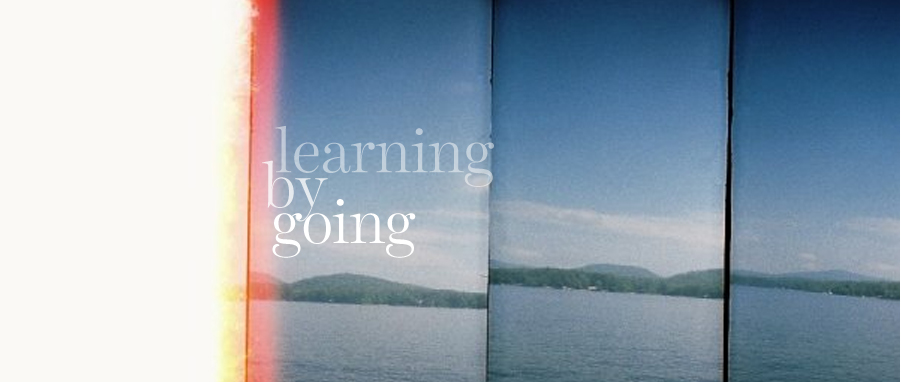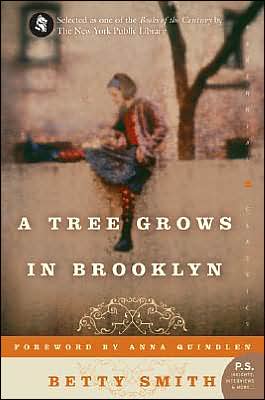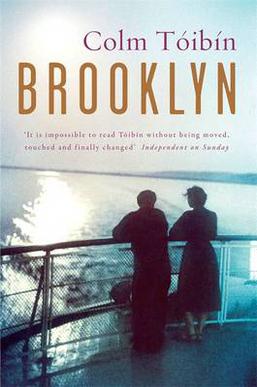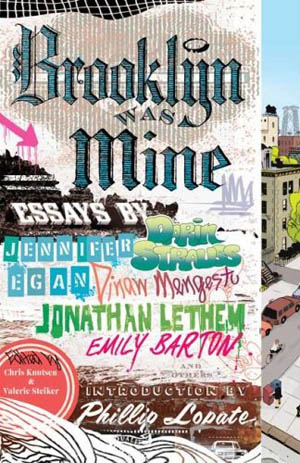My son took his first unassisted steps this week. It was pretty amazing, particularly because he took them while giggling hysterically. We had to buy him big boy shoes, and once we got home and he was toddling around in them, there were tears. I try not to be too much of a sentimommy, (that’s sentimental + mommy, I think I just coined it) boring people with maudlin stories; however, seeing him in those shoes walking on his own made me flash back to a year ago this time when he was a writhing, yelping, mess of a baby. When my son was brand new, I spent a decent amount of time alone in the car with him. Often, when he woke at dawn (or just before), I would whisk him out of the house to try and foster an hour of two of uninterrupted quiet for my wife to sleep. If the weather was nice, we often went somewhere to take a nice walk, but if it was too hot or rainy, we just drove around a bit.
I found myself one morning listening to the “today’s hit country” station on the satellite radio. I have never had a strong feeling about country music one way or another. I’m from West Virginia, so it’s always been around, but it’s not the first genre of music I choose (I do, however, have strong opinions about people who say “I like all music except country” because it’s a coded statement about rural people, the same way I dislike “I like all music except rap” because it is a coded statement about urban people). All of that said, I have a trivia maven’s knowledge of country music. I know who major stars are, I can identify certain key songs, but I am by no means a fan.
Last summer, though, I went all country all the time. When my wife asked me what the deal was, I had a hard time coming up with an answer. Part of it was having something new and different to listen to. For a period of time, every single song I heard was new to me (which lasted about a week before I could easily identify which songs were in heavy rotation). But, more significantly, so many of the songs had actual narratives. Stories! Country music has always been known for its stories, and while it’s not true for every song, it seemed to be true for many. I followed each narrative to its end, and in a time when I couldn’t often find a moment to finish a magazine article, much less a book, it was a little bit of comfort at a chaotic time.
I began to discover recurring themes and motifs, much like I am always asking my students to do. Last summer there were several different songs getting a ton of airplay that made passionate arguments in favor of back roads rather than the interstates. Multiple songs name-checked Hank Williams (both senior and junior). One made fun of men who eat sushi, drive Priuses, and drive on the interstate. In the bleary-eyed days of early motherhood, I threw myself into music that I can’t say represents much of my worldview.
Except for one thing---my worldview does value narrative. A story, even one told in under four minutes that I can’t personally relate to, can be truly transformative. Sleep-deprived and at times overwhelmed, I was soothed by the narrative structure of country music. I hazard that there is no other genre of American music that conveys as many narratives as country music (somehow, Katy Perry’s story of “Last Friday Night” doesn’t have the same push and pull of plot as, say, Martina McBride’s song about breast cancer, “I’m Gonna Love You Through It”).
One day, about five months later, I realized I had stopped listening to the country channel and had gone back to my old stations. My acute need for narrative had passed somehow. Maybe it was because I was more rested, maybe because I was about to go back to my day job of teaching high school English, but it passed. I listen to some of the songs from that time, but more because they remind me of the early days with my son than because I really enjoy the songs. I’m grateful for the solace that country’s narratives brought to me. Oh, and for introducing me to Miranda Lambert’s “Baggage Claim.” That one is just a great song.






 Last week, my fiance James and I joined throngs of our fellow New Yorkers to watch To Kill A Mockingbird in Brooklyn Bridge Park. The scene was impressive. The lawn was full to overflowing with families and friends and, in the case of the duo in front of us, very amorous young couples. Many of them packed dinner picnics and set up a hodge-podge of sleek picnic blankets and dirty beach towels to take in the film and the sunset over the East River. I imagine half the crew was seeking refuge from their overly air-conditioned offices and the other half sought the cool breeze coming off the river after a day of sweating it out without any.
Last week, my fiance James and I joined throngs of our fellow New Yorkers to watch To Kill A Mockingbird in Brooklyn Bridge Park. The scene was impressive. The lawn was full to overflowing with families and friends and, in the case of the duo in front of us, very amorous young couples. Many of them packed dinner picnics and set up a hodge-podge of sleek picnic blankets and dirty beach towels to take in the film and the sunset over the East River. I imagine half the crew was seeking refuge from their overly air-conditioned offices and the other half sought the cool breeze coming off the river after a day of sweating it out without any.






















